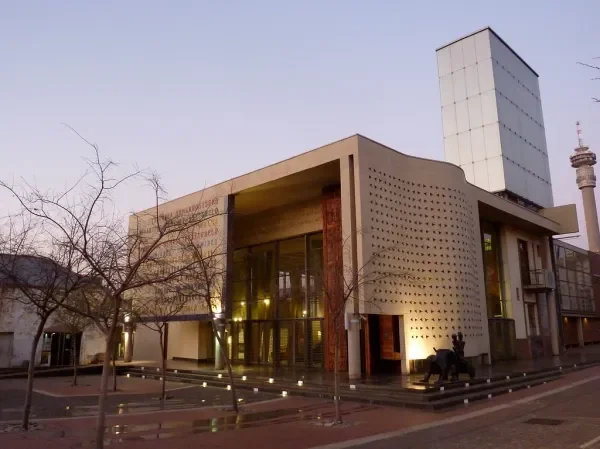
Fostering constitutional conversations across the African continent.
© UN Women, Joe Saade
In Conversation with Justice Edwin Cameron, Rebecca Gore and Sohela Surajpal
Watch ALM's Ropafadzo Maphosa in conversation with the authors of Behind Prison Walls: Unlocking a Safer South Africa, Judge Edwin Cameron, Rebecca Gore, and Sohela Surajpal. Drawing on their firsthand encounters within the carceral system, the authors reflect on how these experiences informed their motivations for writing the book and the critical insights it offers into incarceration, justice, and the urgent need for prison reform.
Join the conversation
Featured Posts:
CELEBRATING THREE DECADES OF THE SA CONSTITUTIONAL COURT
Watch episode 4 of our series reflecting on the 30th anniversary of the South African Constitutional Court featuring Judge Margie Victor.
CELEBRATING THREE DECADES OF THE SA CONSTITUTIONAL COURT
Don’t miss episode 3 of our series reflecting on the 30th anniversary of the South African Constitutional Court featuring Justice Steven Majiedt.
CELEBRATING THREE DECADES OF THE SA CONSTITUTIONAL COURT
Episode 2 of our interview with Justice Leona Theron reflects on the 30th anniversary of the South African Constitutional Court.









